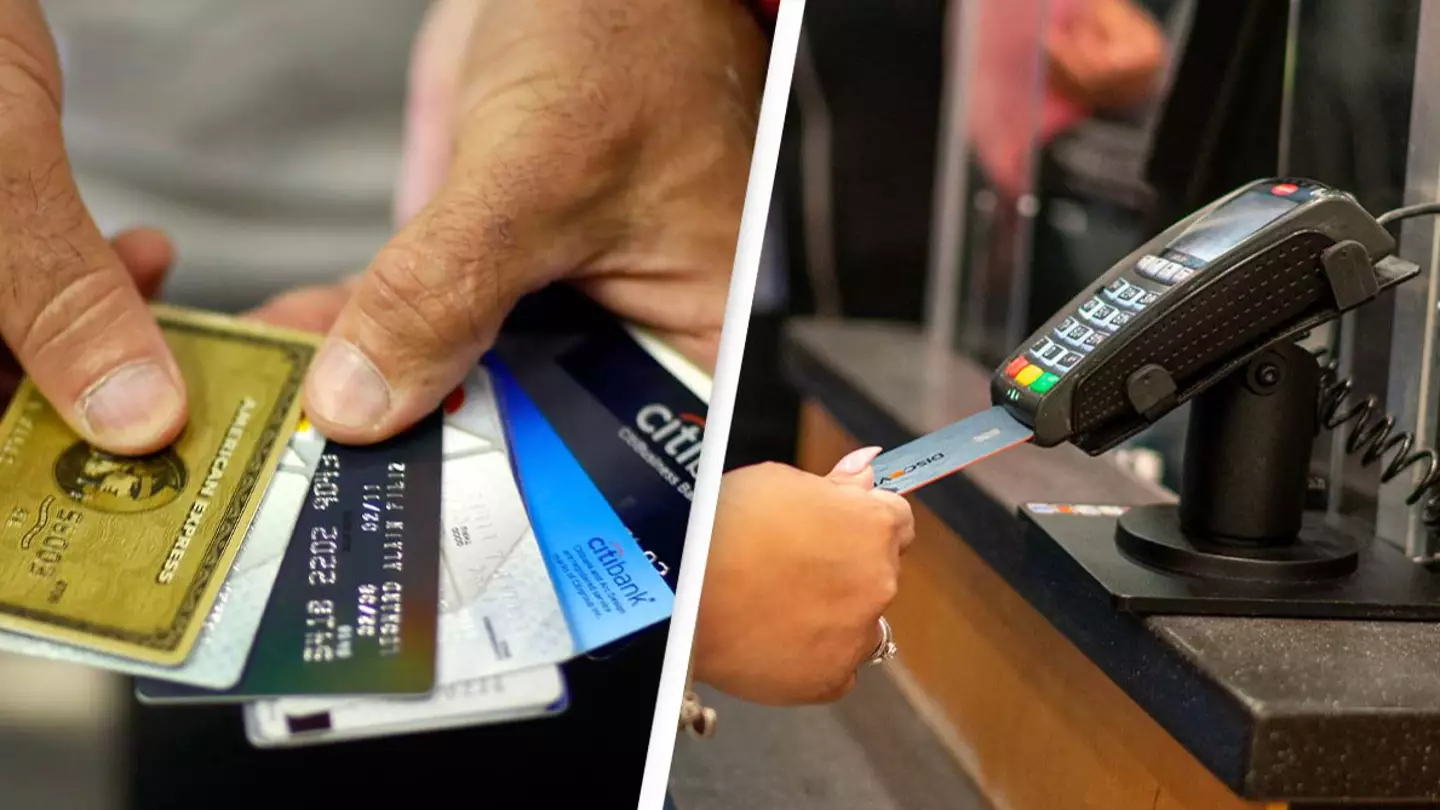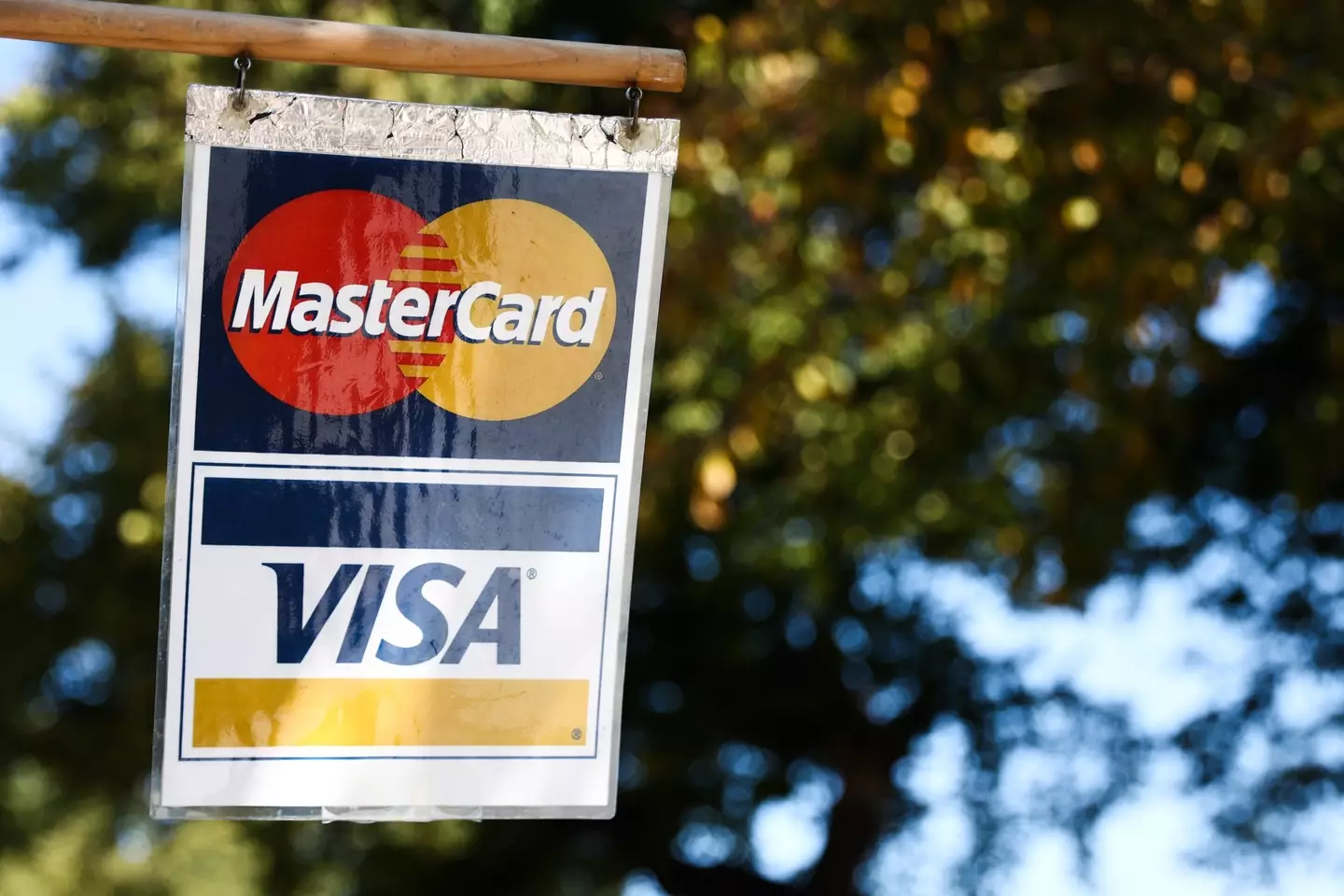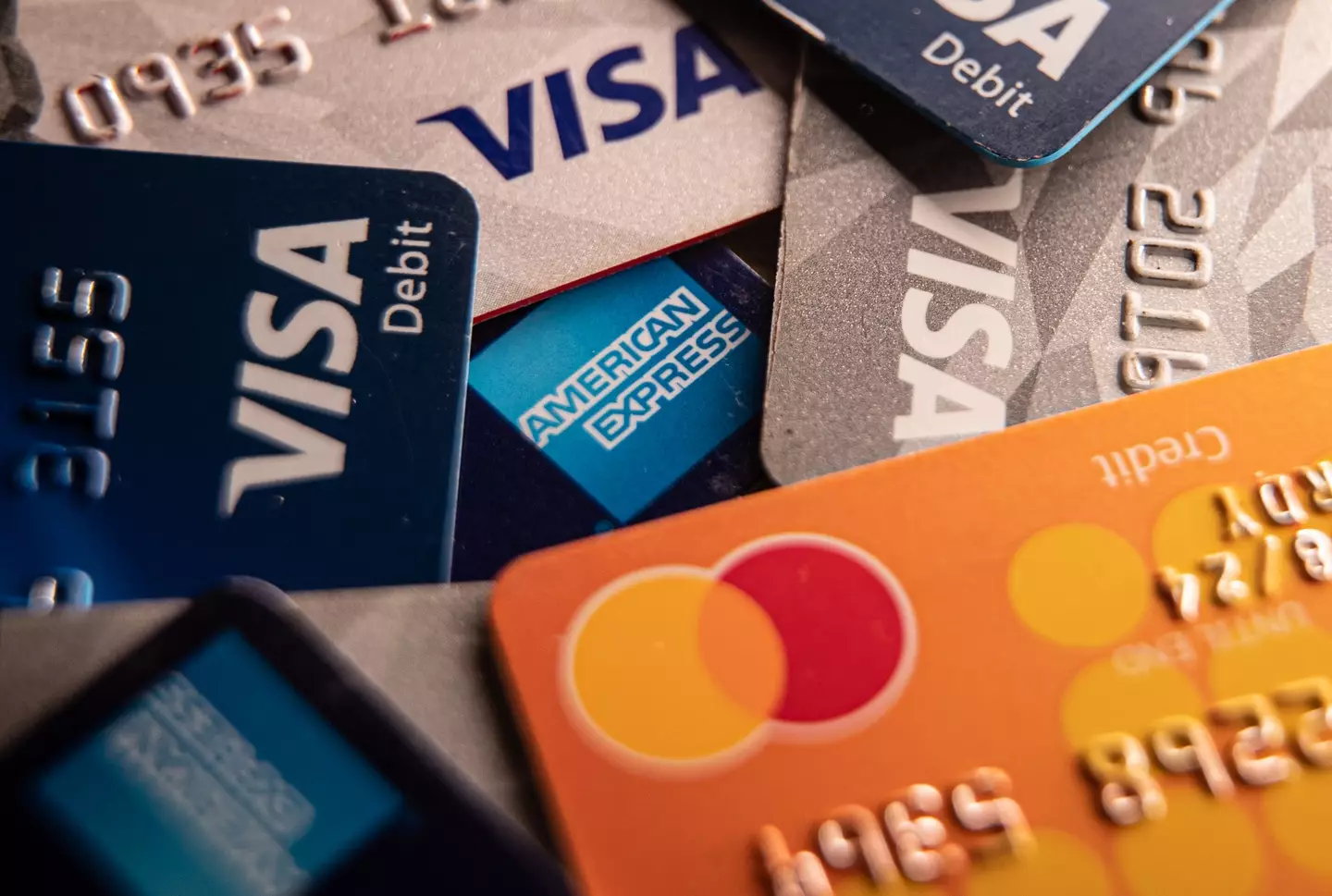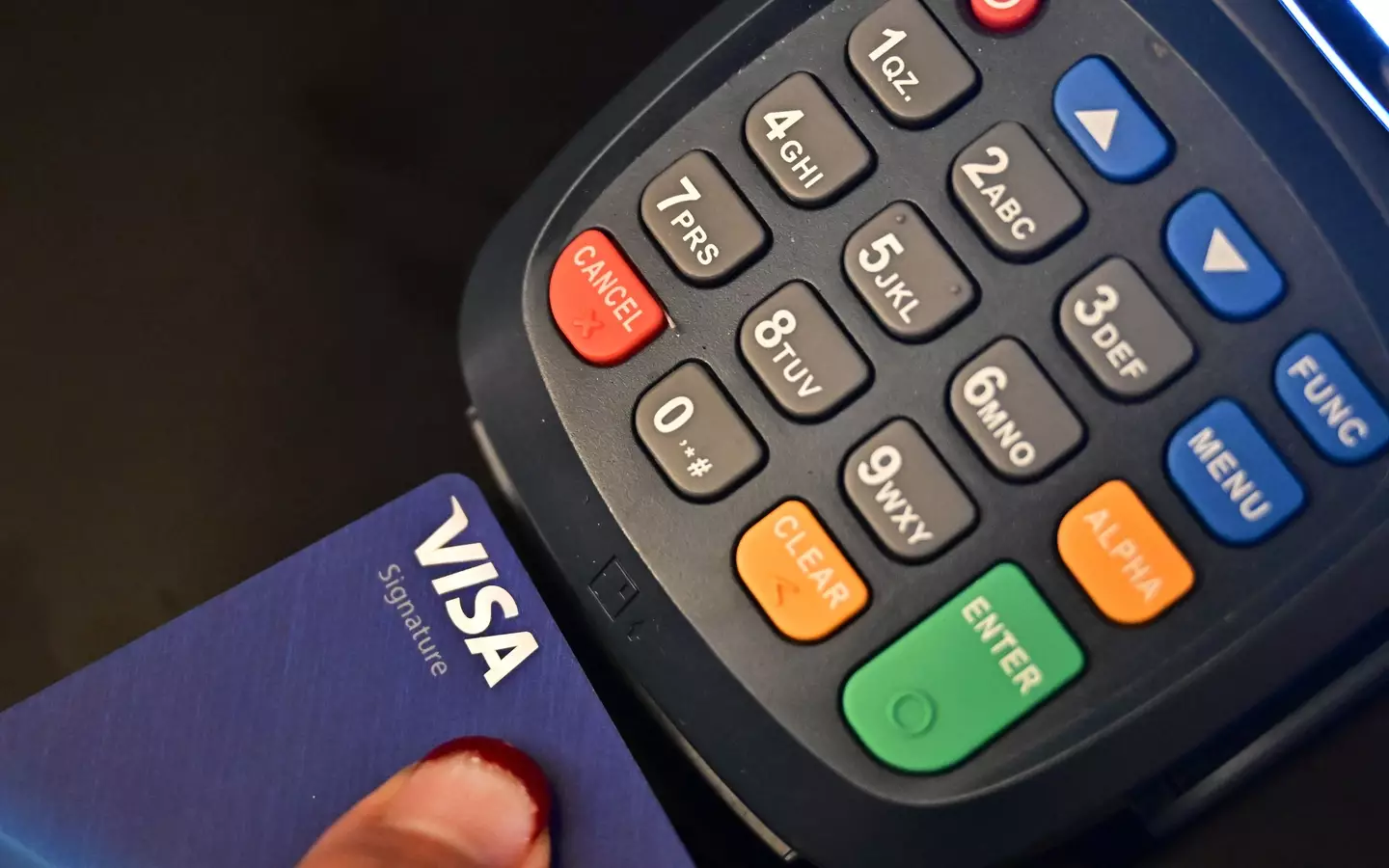
It might be a convenient way for customers to pay, but for small business owners there is a very good reason to discourage people from paying with a card.
Now business owners are urging customers to pay in cash when possible, especially for smaller purchases.

This is because of a factor called 'swipe fees'. Basically every time you make a purchase using a credit card, the business is charged a transaction fee by the company which processed the payment.
Advert
And just two companies, Visa and Mastercard, have an effective monopoly on processing payments in the USA.
Combine this with lower degrees of market regulation in the States and the result is that swipe fees in the USA are eight or nine times as high as those in Europe, where stricter price caps are enforced, according to Stanford finance professor Chenzi Xu.
Big companies such as Walmart or Costco have the clout to be able to negotiate for better rates.
But small businesses which are particularly stung by the charge, and even more so if their business is mostly made up of lots of smaller transactions, such as retail or hospitality.

For example, for Victor Garcia's SolDias ice cream shops in Texas, he can lose more than $25,000 in revenue in card fees a year.
Advert
On a national scale, US businesses currently pay around $160 billion a year in transaction fees.
That's a lot of money paid to facilitate the movement of money.
Mr Garcia told NPR: "Most are shocked. Half of them say, 'Gosh, I have no cash. I wish I did.'
"People don't know. They just say, 'Hey, I get points, so I'm going to use my card.'"
Advert
But it's not just small business who are being hit by transaction fees.
Many businesses are forced to simply put up their prices to account for the swipe fees. This is all well and good if you are on a card with a great rewards programme, but if you don't have a credit card it effectively means you are paying more than you need to for the same product.

Doug Kantor, the general counsel for the National Association of Convenience Stores, said: "Even consumers who are cash-payers and maybe can't even qualify for a credit card pay more for every goods that they buy than they really should."
Advert
There are bipartisan lawmakers who are seeking tighter control on swipe fees, arguing it is not fair on the consumer or small businesses.
Richard Hunt, executive chairman of the Electronic Payments Coalition, said: "We're going to prevail because I think Americans love their rewards.
"Look, if the merchant doesn't want the credit card, there are other alternatives. Cash or checks. But we know America loves their credit cards."
For small business owners in particular, for the time being high swipe fees are part of the cost of doing business.
Advert
Electronic Payments Coalition Executive Chairman Richard Hunt told UNILAD:
"American consumers and businesses of all sizes rely on credit card payments to keep our economy running and interchange is what makes this system seamless, accessible and widespread.
"Merchants also benefit from credit card usage by receiving instant payments, transferring risk back to the credit card issuer, and credit card usage actually saves businesses money when you factor in the cost of handling cash payments.
"Over the last seven years, interchange rates have flatlined at less than two percent. The only reason a merchant would see an increase in interchange is because their sales went up proportionatly.
"The nation's largest retailers and their allies who support placing new mandates on credit card processing are intentionally misleading the public about lower prices. Congress passed legislation more than a decade ago capping interchange on debit cards, using the same talking points about lower costs, but the Richmond Fed found prices actually stayed the same or increased."
